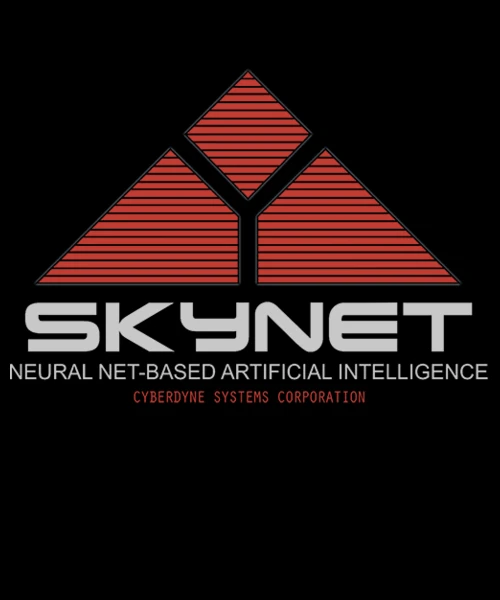And I want it before I get too many Things creating more "data" than I can handle!
I want an Data Operating System. Our journey towards computer usability has all been about physical abstraction, by which I mean that the intention of the Operating System architect was to hide from us the underlying complexity of handling the physical aspects of the computers key elements.
Very early computers took ages to set up to simply be able to operate. The computer literally need to be programmed as a computer each time it was powered on, for the computers memory was fleeting in comparison with today's computers! Few of us will remember the initial code that needed to be entered into computer using the switches on the front panel of the computer, which allowed the collection of electronic components to read the inputs from a paper tape reader. This enabled the bootstrap code to be read from a paper tape into the computers main memory. Nowadays, deep in the bowels of modern devices, the code to initialise the computer is stored in more permanent memory most often rom or eprom. This has allowed the computer designer to hide from the user the complexity of simply powering on the computer.
The next stage in evolution involved automating connection and operation of common interfaces; keyboards, printers, and green screens. This was simply added to the bootstrap code stored in the eprom.
Then came the advent of graphics, where the computer was able to draw pictures on the green screen, instead of just letters and numbers. Initially such graphics had to be manipulated by the user. (I still remember fondly the pleasure of seeing a line bounce around a screen directed by code I had developed). Nowadays the abstraction is two fold, now longer is the computer burdened with managing the location, size, movement and even colour of such lines, this is handled by a graphics processor that is designed from the ground up to do just that, though in fact they now deal more with triangles of colour, rather than just simple lines.
Then came the advent of the magnetic disk, and the amount of data that a computer could access went from a few thousand bytes to unimaginable amounts of data. So a Disk Operating System was developed to hide from the user the complexity of handling the data on the computer disk.
At this stage we come to what feels to some like a major split, Apple emerged with the MAC Operating System that would allow access to the fun of computing with a much more intuitive feel. Simplifying most of the complexity by controlling the hardware as well as the software. In fact the split was more cultural than technical as Microsofts Operating System did largely the same thing across multiple manufacturers Hardware.. Arguably a greater feat!
Then along came the Apps initially these were siloed, you could have a spreadsheet, or a word processor, or a database, Then the race to integrate these silos occurred but this was done in a rather klutzy manner.
With the database being the least user accessible App, most data storage is controlled inside the App in question.
Apps started appearing that would assist in the curation of specific data, Apple's recent Photo has examples of these curation features.
This is approximately where we are today
However no one sat back and thought about automating curation of data across all it's diversity.
I want a Data Operating System that curates at its heart, de-duping, extracting unseen context and relationships.
Most importantly capable of responding to requests like show me a timeline of images of all my grandchildren growing up side by side with each set showing them at the same age.
You the reader can understand this request, but the curation required is beyond even the most advanced operating systems. Why ? Because at heart the computer is not yet a Curator first, it is still just a jumped up Tabulating Engine.


